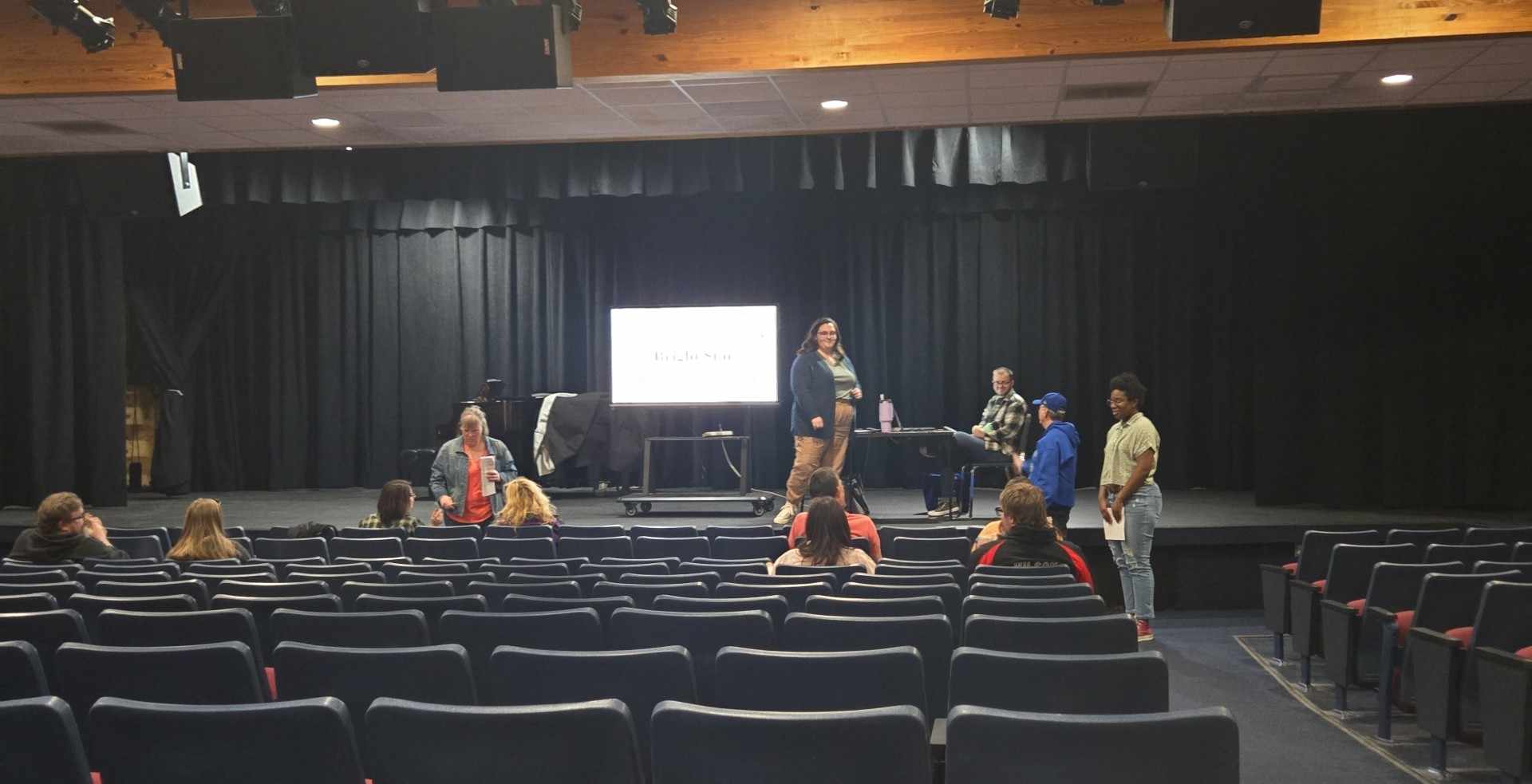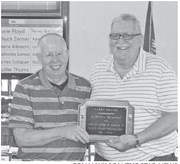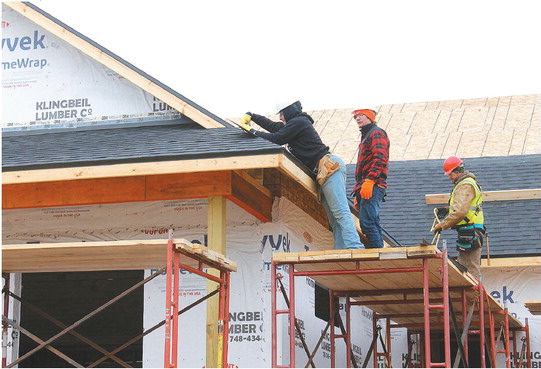Gilman administrator outlines referendum at listening session


On Monday night Gilman administrator Walter Leipart held an informal meeting about what the future holds for the district when it comes to the referendum.
Community member, Ed Williams, asked “How does the increase in the Amish community in the residential area affect property taxes and enrollment?”
Leipart answered “Having the Amish community here does affect enrollment, but it doesn’t affect the property taxes because they do pay taxes on the property. It would be different if the properties were owned by the church, then the taxes wouldn’t be included, but because they are owned by the Amish families themselves, they do pay the property taxes.”
The tax levy’s for the following school years are as follows: 2021-2022: $10.65 2022-2023: $10.12 2023-2024: $9.70 2024-2025: $10.21 2025-2026: $10.34 In 2021-2022 the local levy was $2,785,927. In 2022-2023 the projected local levy will be $2,645,639, resulting in a reduction of $140,288.
What will the District do if the referendum passes?
The District will be able to continue to operate the district and provide educational programming at the current levels.
What will the District do if the referendum does NOT pass?
In the event of a failed referendum, the Board will have to address the $700,000 difference in revenue and expenditures in the 2022-2023 budget. Actions to consider: • The Board may consider another referendum resolution to be placed on the ballot for the Fall Partisan Primary—Tuesday, August 9, 2022, and/or the General Election—Tuesday November 8, 2022.
• Use a combination of expenditure reduction and fund balance to eliminate a $700,000 deficit.
Will community members still have to pay taxes even if the school closes?
Yes, a school tax levy will exist whether a school is in Gilman or not. It is the responsibility of the state as well as every municipality and township to provide free and appropriate public education to its citizens. In the case of any type of district reorganization, property owners will pay a school property tax to the newly designated school district. All property in Wisconsin, whether state/federally impacted, public, or private are part of a school district.




